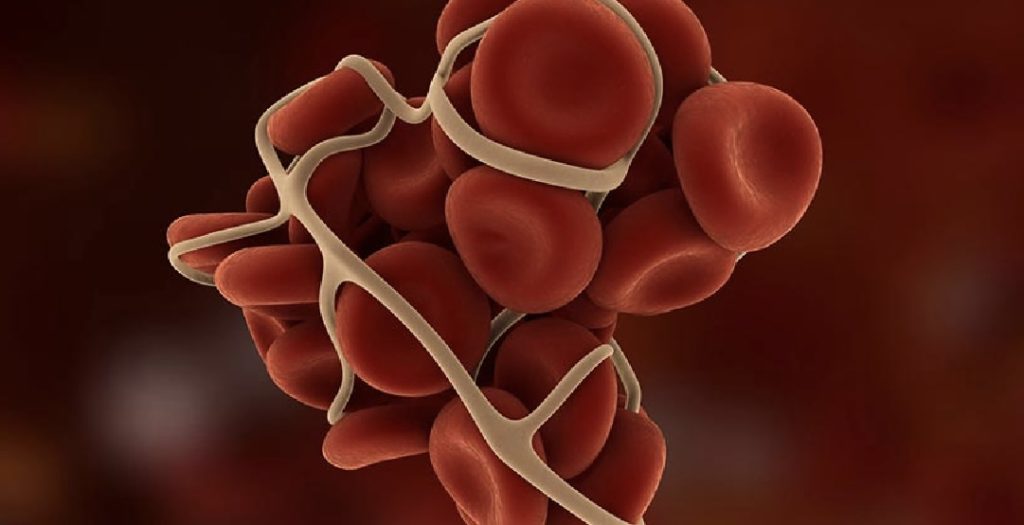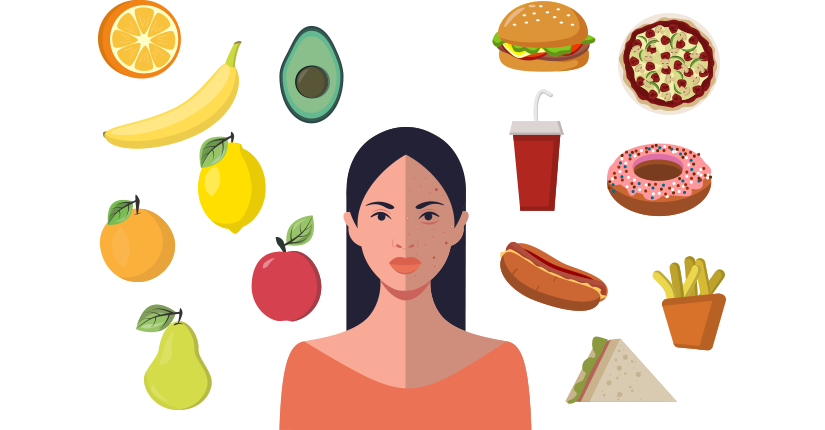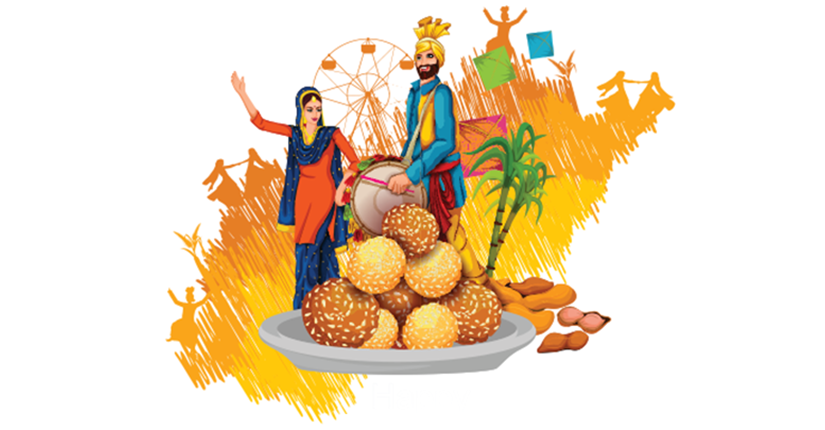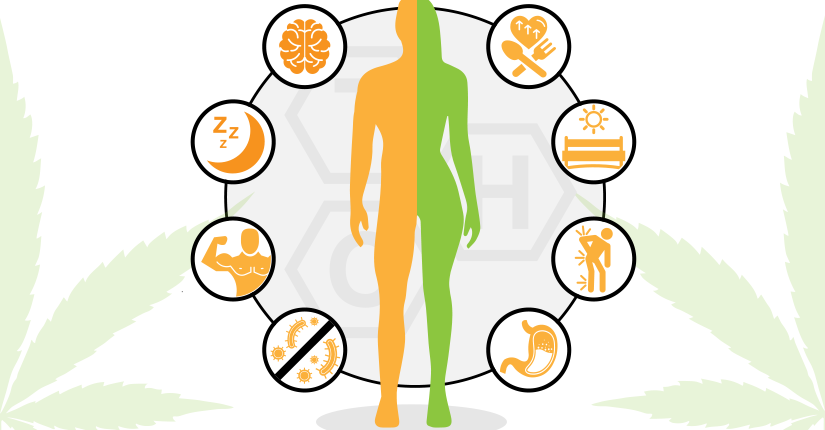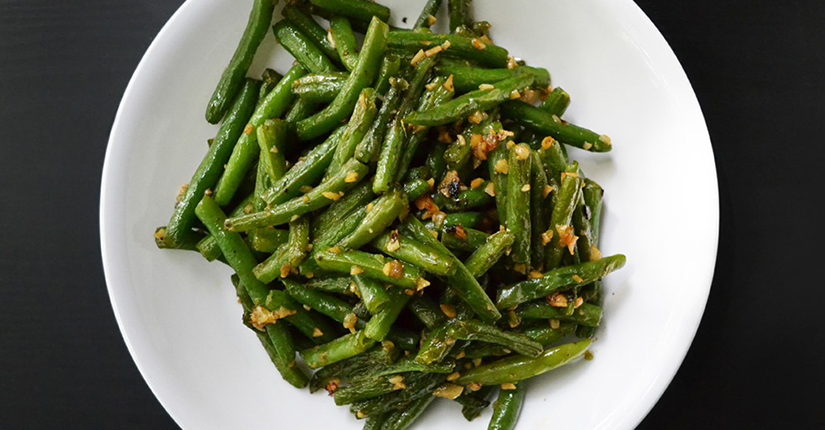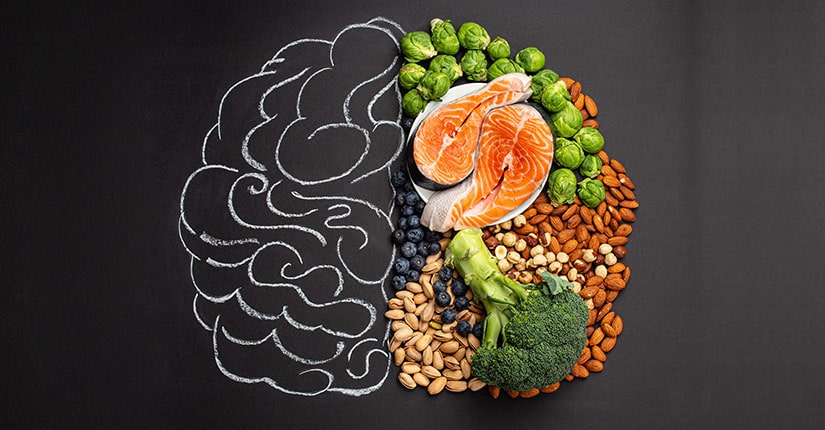World Hypertension Day: A Call to Action for Improved Hypertension Awareness and Control
By Nmami Agarwal 14-May 2023 Reading Time: 9 Mins
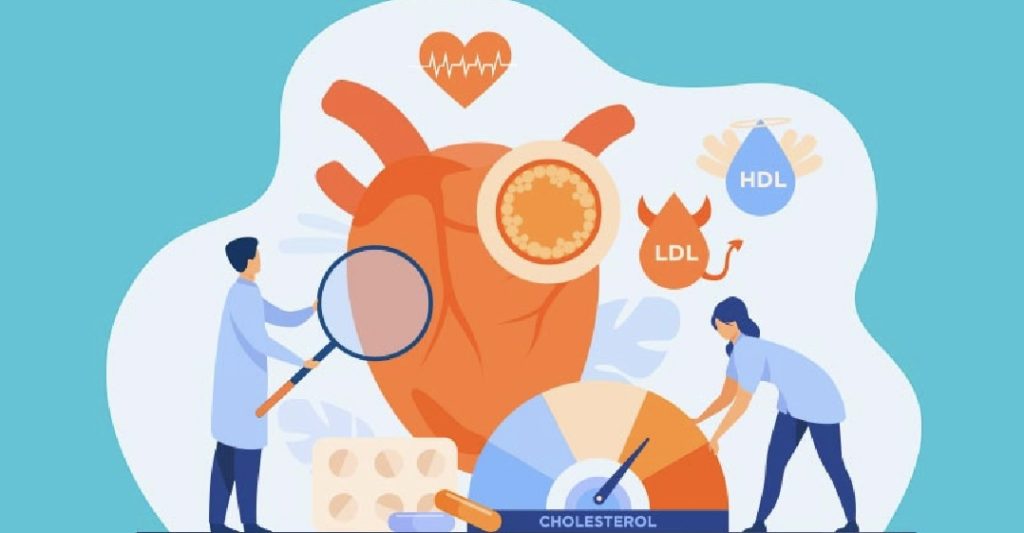
Hypertension, or high blood pressure, is a major cause and leading risk factor for death around the world.
It affects the arteries of the body.
In case of hypertension the force of the blood pushing against the wall of the artery is too high such that the heart has to work harder to pump blood and the blood pressure is at or above 130/80 mmHg.
Following is a list of blood pressure categories with the numbers:
The normal blood pressure is 120/80mmHg.
| Blood pressure category | Systolic blood pressure | Diastolic blood pressure |
| Elevated | 120-129 mm Hg | <80mm Hg |
| Hypertension
Stage 1 |
130-139 mm Hg | 80-89 mm Hg |
| Hypertension
Stage 2 |
>140 mmHg | > 90mm Hg |
(Where systolic blood pressure measures the blood pressure in one’s arteries when his/her heart beats & diastolic blood pressure measures arterial blood pressure when one’s heart rests between the beats.)
Things that increase the risk of having high blood pressure include:
- Age
- Genetics
- Being overweight or obese
- Not being physically active
- High salt diet
When one experiences hypertension they are at risk for heart disease & stroke.
In most cases, high blood pressure can lead to following diseases:
- Heart attack— Hypertension damages arteries that can become blocked and prevent the blood flow to the heart muscle.
- Stroke — High blood pressure can cause blood vessels that supply blood and oxygen to the brain to become blocked or burst.
- Heart failure — The increased workload from high blood pressure can cause the heart to enlarge and fail to supply blood to the rest of the body.
- Kidney disease or failure — High blood pressure can damage the arteries present around the kidneys and interfere with their ability to filter blood effectively.
- Vision loss — High blood pressure can strain or damage blood vessels in the eyes.
- Sexual dysfunction — High blood pressure can lead to erectile dysfunction in men and may contribute to lower libido in women.
- Angina pectoris— Over time, high blood pressure can lead to heart disease including Angina, or chest pain, is a common symptom.
- Peripheral artery disease — Hypertension can cause atherosclerosis (where there is deposition of fats-called plaque on the aerial wall) which can further lead to narrowed arteries in the legs, arms, stomach and head, causing pain or fatigue.
Symptoms:
Majority of the people with high blood pressure have symptoms like
- Severe headaches
- Dizziness
- Chest pain
- Abnormal heart rhythm
- Difficulty breathing
- Blurred vision or other vision changes
- Regular nose bleeding
How to prevent high blood pressure?
- Eating a healthy diet
A low-fat, high-fibre diet is recommended, including plenty of fresh fruit and vegetables and whole grains.
One should limit the amount of salt in the diet. Also limit foods that are high in saturated fat as this will increase your cholesterol level, which is another risk factor for cardiovascular disease.
Foods that are high in saturated fat include:
- meat pies
- sausages and fatty cuts of meat
- butter
- ghee (a type of butter that is often used in Indian cooking)
- lard
- cream
- Maintaining a healthy weight:
Being overweight is a risk factor for having high blood pressure, and your risk increases further if you are obese. The best way to tackle obesity is by reducing the amount of calories that you eat, and taking regular exercise.
-
Exercise:
As per research, exercise helps in delaying the development of hypertension. About 30 minutes of each aerobic exercise such as brisk walking,skipping and resistance training such as lunges,push ups,squats help in regulating the blood pressure levels.
- Drinking caffeine in moderation:
It is important to restrict your daily intake of coffee or drinks that contain caffeine, such as soft drinks and cola to keep the blood pressure in check.
Management & control:
- Be aware about your numbers: It is important to check your blood pressure reading frequently. If you are 18, ask your healthcare provider for a blood pressure reading at least every two years. If you’re 40 or older, or 18-39 with a high risk of hypertension, ask for a blood pressure check every year.Children age 3 and older can have their blood pressure measured as a part of their yearly checkups.
- Lifestyle & dietary changes: It can help lower the blood pressure.These include DASH diet(Dietary Approaches To Stop Hypertension) : eating a low sodium diet,losing weight,meditating to lower the stress, removing foods high in saturated or trans fats from the diet,and eating more vegetables & fruits, limiting refined sugar, consuming lean meat,mackerel/salmon & fish with omega-3 fatty acids,unsalted seeds such as sunflower/pumpkin seeds are high in potassium and magnesium that can be had as mid-meal snacks.
- Exercise: Get at least 150 minutes per week of moderate-intensity aerobic activity or 75 minutes per week of vigorous aerobic activity.Do strength building exercises 2 or more days each week.
- Medications: Taking medications on time and on a regular basis as prescribed is very essential to lower the blood pressure. They keep the blood pressure at a healthy level by causing your body to get rid of water which decreases the amount of salt & water in your body to a healthy level. Medications help in relaxing your blood vessels,making your heart beat with less force,blocking nerve activity that can restrict your blood vessels. Do not stop your medications without the approval of your doctor as it may cause severe health consequences.
Hypertension has spread over the globe like a wild forest fire. It needs to be managed. By taking timely corrective action and monitoring will help in keeping hypertension under control and prevent the risks associated with it.

